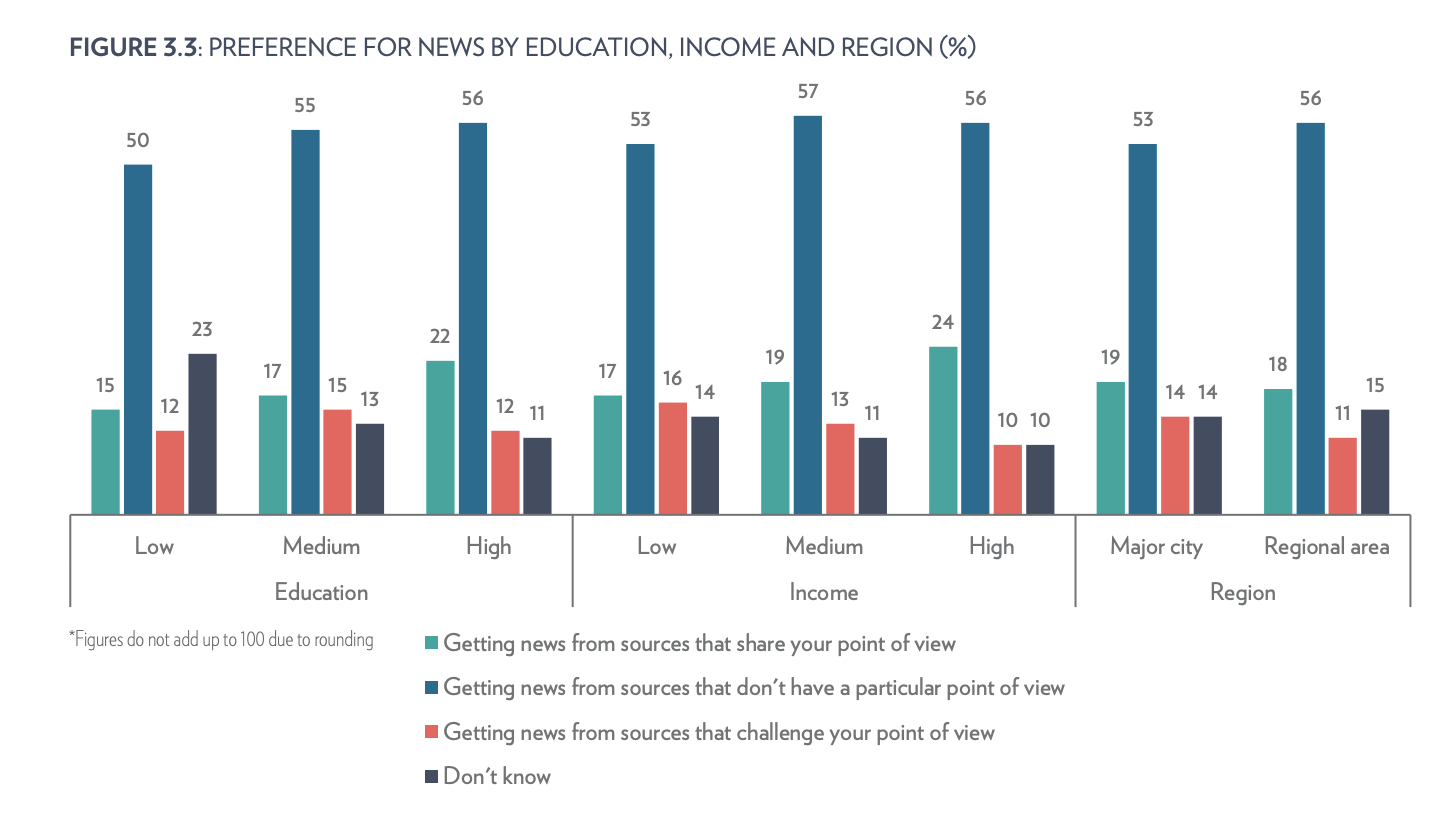The Digital News Report: Australia 2020 has revealed several facts about Australian’s news consumption.
Local News: During the bushfires, 45% of news consumers said that they were very or extremely interested in local news with local newspapers and their websites the top source of local news (41%). Almost a quarter of news consumers were turning to alternative sources such as local social media groups for news about their community. 76% said that they would miss local newspapers while 81% said they would miss local radio.

News consumption is increasing: During the bushfires, the percentage of heavy news users had risen to 56% (+4), during the peak of the COVID-19 pandemic this increased to 70%.
TV conquers during COVID: During the bushfires, TV was still the main source of news for Australians (39%, -3) and this increased to 51% during the pandemic. There was a decline in the uses of radio, print and social media for news during the COVID-19 pandemic. However, using social media brands to access news is steadily growing, particularly among older generations.
Trust continues to fluctuate: During the bushfires, trust in news was low at 38% (-6). This is consistent with the global trend. However, trust in news about COVID-19 was much higher at the peak of the pandemic (53%).
Australians prefer impartial and independent news: The majority (62%) of Australian news consumers consider independent journalism to be important for society to function properly, but this is less so among those who rely on social media for news (57%). Australians also have a strong preference for impartial news (54%) rather than news that shares their point of view (19%) or challenges their viewpoint (13%).

Australians think politician’s false claims should be reported: If a politician does make a false or misleading statement, 54% of Australian news consumers think those claims should be reported by the media rather than ignored. However, Australians are torn about whether political ads should be allowed on TV and social media. Generally, news consumers think political ads are ok on TV but not on social media.
Australian’s news consumption on climate change is polarised: Four out of five news consumers say they consider climate change to be either somewhat, very or extremely serious (79%). Younger people are more concerned as well as left-wing consumers. The proportion of climate deniers in Australia is among the highest across the 40 countries surveyed. Almost one-fifth (18%) think climate change is not a serious issue. Those who access news via commercial AM radio (i.e. 2GB, 2UE, 3AW), Sky News (35%) and Fox News (32 %) are more likely to think climate change is less serious.
